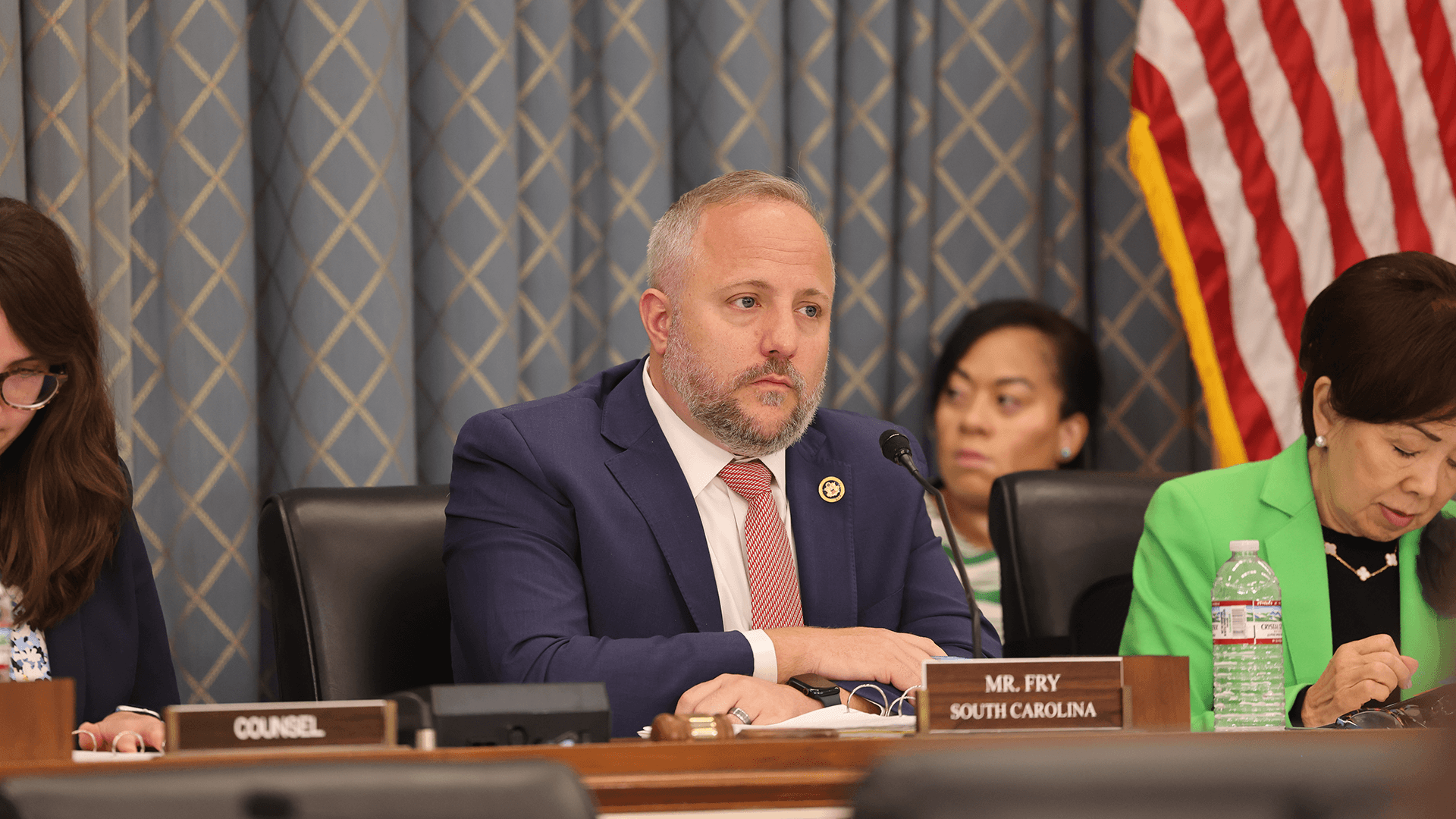Subcommittee on C&T Holds Hearing on Advancing and Securing Global Networks
WASHINGTON, D.C. – Yesterday, Congressman Richard Hudson (NC-09), Chairman of the Subcommittee on Communications and Technology, led a hearing titled Global Networks at Risk: Securing the Future of Telecommunications Infrastructure.
“Today, we rely on communications infrastructure in nearly every sector of our economy,” said Chairman Hudson. “As Americans become more connected, it is increasingly important the equipment we buy and the networks we rely on are secure, resilient, and protected from malicious actors.”
Watch the full hearing here.
Below are key excerpts from yesterday’s hearing:

Congressman Russell Fry (SC-07): “The systems that connect us, our networks, our satellites, cables, towers, and data centers form the invisible architecture of 21st century life. Safeguarding that infrastructure, as you've all talked about, is not just a matter of technology, it's a matter of strategy, security, and sovereignty.”

Congressman Russ Fulcher (ID-01): “I represent the great state of Idaho and there is a lot of rural space there. A lot of the ISPs don't have a tremendous number of cybersecurity resources, but they will oftentimes be integrated with major infrastructure components. Whether it be a power plant or a grid or flood control or some of those major things that oftentimes can have an impact, without necessarily the infrastructure or the cybersecurity expertise to fend off some of these new threats that are on the way. I'd like to get any suggestions or comments on how CISA might be a resource for that or other sources of a counsel through your role at NTIA?” Mr. Stehlin: “Thank you for that. Idaho is a tremendous opportunity to take advantage of the monies put forth with rip and replace, for example. You know, these rural operators have a hard time making money running a business when you're so spread out. So, removing things like untrusted gear like Huawei or ZTE gear, critically important.”

Congressman Neal Dunn (FL-02): “Mr. Stroup, you mentioned in your testimony access to sufficient spectrum resources is necessary to secure infrastructure. Can you briefly elaborate on this and share what kind of spectrum authorities you think would make the most sense right now for the space industry?” Mr. Stroup: “Our industry is growing substantially. As an example, approximately 10 years ago we had a thousand satellites operational. Today, that number is over twelve thousand. That's just to give you a sense of the growth in the industry.”
###